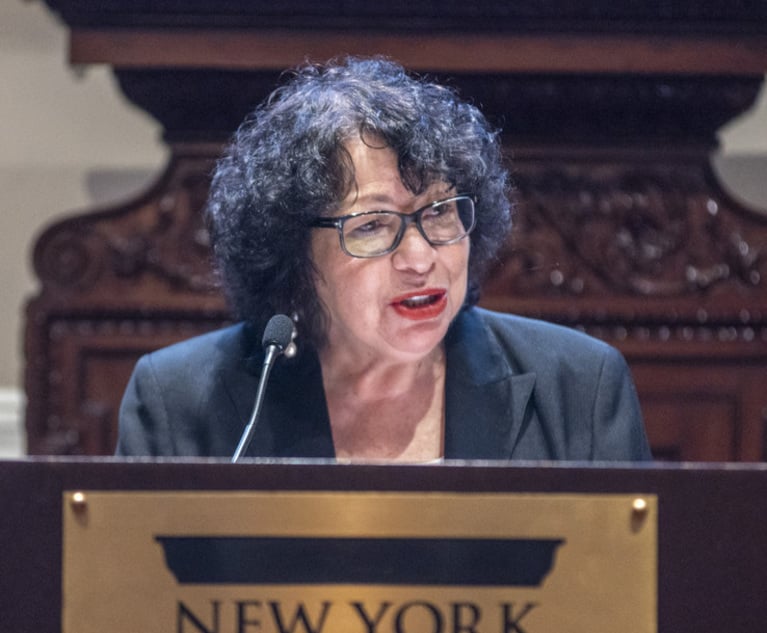Since July 2016, New York law has not been tested on the bar exam. As of that test administration, New York switched to the Uniform Bar Exam, which consists of multiple choice, essay, and performance questions developed by the National Conference of Bar Examiners. The UBE tests what the National Conference calls “general principles” of law and legal skills. These broad, general concepts are not state-specific. The UBE results in a score that can be ported from one UBE state to another. In theory, this helps lawyers move from one state to another without needing to sit for another bar exam.
But the UBE has had unintended consequences in New York. The NYSBA Committee on Legal Education and Admission to the Bar surveyed the 15 law schools in New York and discovered that there was a precipitous drop in New York Practice course enrollments since the adoption of the UBE: 77 percent fewer students are graduating New York schools without having taken at least a full semester studying the N.Y. Civil Practice Law and Rules. In comparison, there was only a 2 percent drop in overall law school enrollment during this time. And we’ve heard anecdotally that professors teaching subjects like Trusts and Estates and Family Law have moved away from state law and to teaching broader, “majority rule” or uniform law concepts in their subjects to align with coverage on the bar exam.







